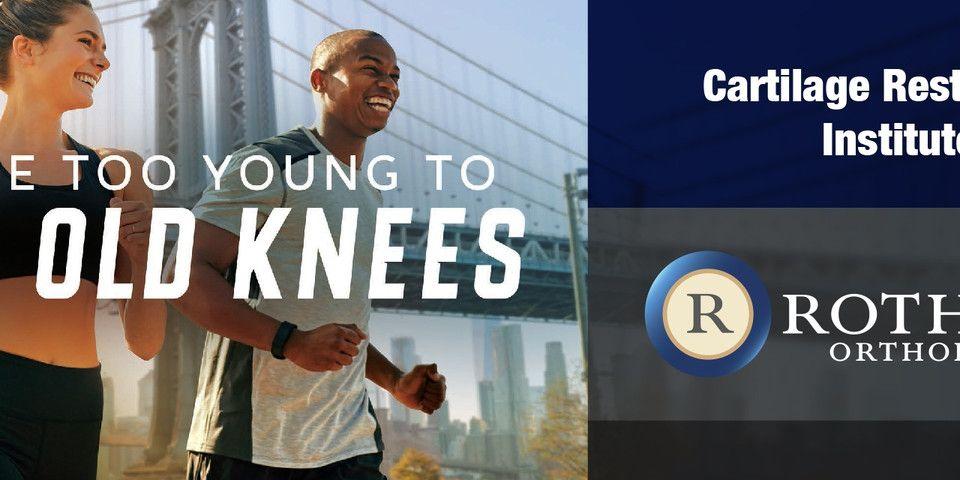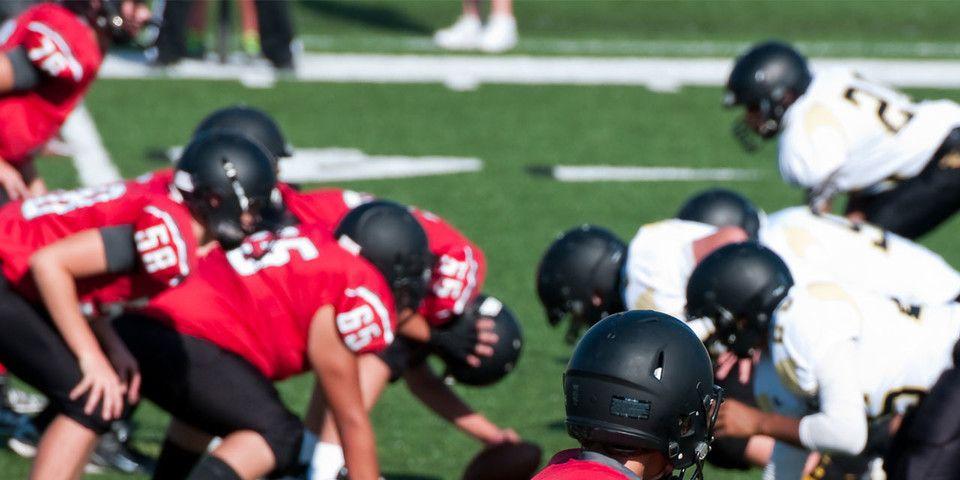Extensor Tenosynovitis Treatment for Rowers
Rowers are prone to extensor tenosynovitis. Learn about effective treatments.
Rowing is an exceptional sport for building musculoskeletal strength in the upper body. Unfortunately, the same rowing actions and motions that build muscle and increase strength may cause serious orthopaedic injury when performed improperly or overdone.
As Sports Medicine specialists, the experts at Rothman Orthopaedic Institute have extensive experience treating the injuries associated with rowing activities. Among the patterns of injuries that rowing athletes demonstrate is a susceptibility to extensor tenosynovitis. We’re proud to offer the most effective, targeted extensor tenosynovitis treatment options available.
What is Extensor Tenosynovitis?
Extensor tenosynovitis is a condition that commonly affects rowing athletes. But what exactly is the nature of this orthopaedic condition?
Tenosynovitis is an issue that affects tendons and their protective synovium sheathing with severe inflammation. This inflammation is usually caused by an injury, irritation, or degeneration causing the tendon’s sheath to reduce its production of synovial fluid. Extensor tenosynovitis occurs when this type of inflammation affects the tendons of the wrist and hand, which enable and control the movements of the hand.
Tendon injury (or injury to the associated muscle and bone) resulting in tenosynovitis is common among athletes. It often occurs as the consequence of intensive, repetitive activities that put stress on the wrist and hand, of which rowing is a classic culprit.
What are Extensor Tenosynovitis Symptoms?
One of the keys to successful extensor tenosynovitis treatment and rapid recoveries is early detection. Familiarity with the signs and symptoms of this condition can help you to identify its presence before extensive damage to the tendon and synovium occur.
Listed below are symptoms that are frequently experienced by patients of extensor tenosynovitis:
-
Swelling of the joints of the hand, fingers, and wrist
-
Joint pain and tenderness in the hand, fingers, and wrist
-
Increased pain with wrist motion
-
Creaking sensations when moving the wrist
-
Stiffness and immobility of the affected joints
-
Redness of the skin covering the affected joints
These symptoms can make rowing activity difficult and painful. Without treatment, symptoms may worsen and render rowing (and similar hand and wrist activities) impossible. A physical examination (sometimes including imaging tests, such as an MRI or X-ray) performed by a qualified physician will give you a proper diagnosis.
What are Effective Extensor Tenosynovitis Treatments?
If you have been diagnosed with hand or wrist extensor tenosynovitis, your rowing activity will have to be temporarily interrupted. Fortunately, many effective extensor tenosynovitis treatment options exist that can address symptoms and restore your athletic career.
Treatments that are commonly prescribed for this condition include the following:
-
Rest and cessation of any activities that are putting stress on the affected tendons
-
Icing of inflamed areas
-
Nonsteroidal, anti-inflammatory medication for pain relief and inflammation reduction
-
Targeted stretches, strength-building exercises, and physical therapy
-
Steroid injections into the affected tendons
Surgery is not typically needed for the majority of patients. However, in serious cases where the tendons have experienced a great degree of damage, surgery may be recommended as a means of orthopaedic repair and reconstruction.
At Rothman Orthopaedic Institute, our experienced Hand & Wrist specialists provide rowing athletes who have been affected by extensor tenosynovitis with personalized treatment plans based on the severity of their condition, medical history, and particular needs and goals. Whatever the most appropriate treatment option for particular case may be, we are committed to offering the elite-level care needed to make a successful recovery and return to rowing.
To learn more about extensor tenosynovitis treatment or to schedule an appointment at Rothman Orthopaedic Institute, please visit us here or contact us at 1-800-321-9999.
Related Physicians
Related Specialties
Related Conditions
Related Programs
-

Cartilage Restoration Institute
This is a center where patients can go to have their disabled joint biological resurfaced, realigned, and stabilized without having the joint replaced by artificial materials such as metal and plastic. It is well known that the outcomes of patients under the age of 50 undergoing artificial joint replacement are not as good as we would like. Therefore we feel the future of Orthopaedics is to try to restore a joint back to its original anatomy by realignment, ligament reconstruction, and cartilage restoration.Read More -

Injury Prevention Program
The Injury Prevention Program at the Rothman Orthopaedic Institute is dedicated to the prevention of injuries from athletic participation, particularly youth sports.Read More




